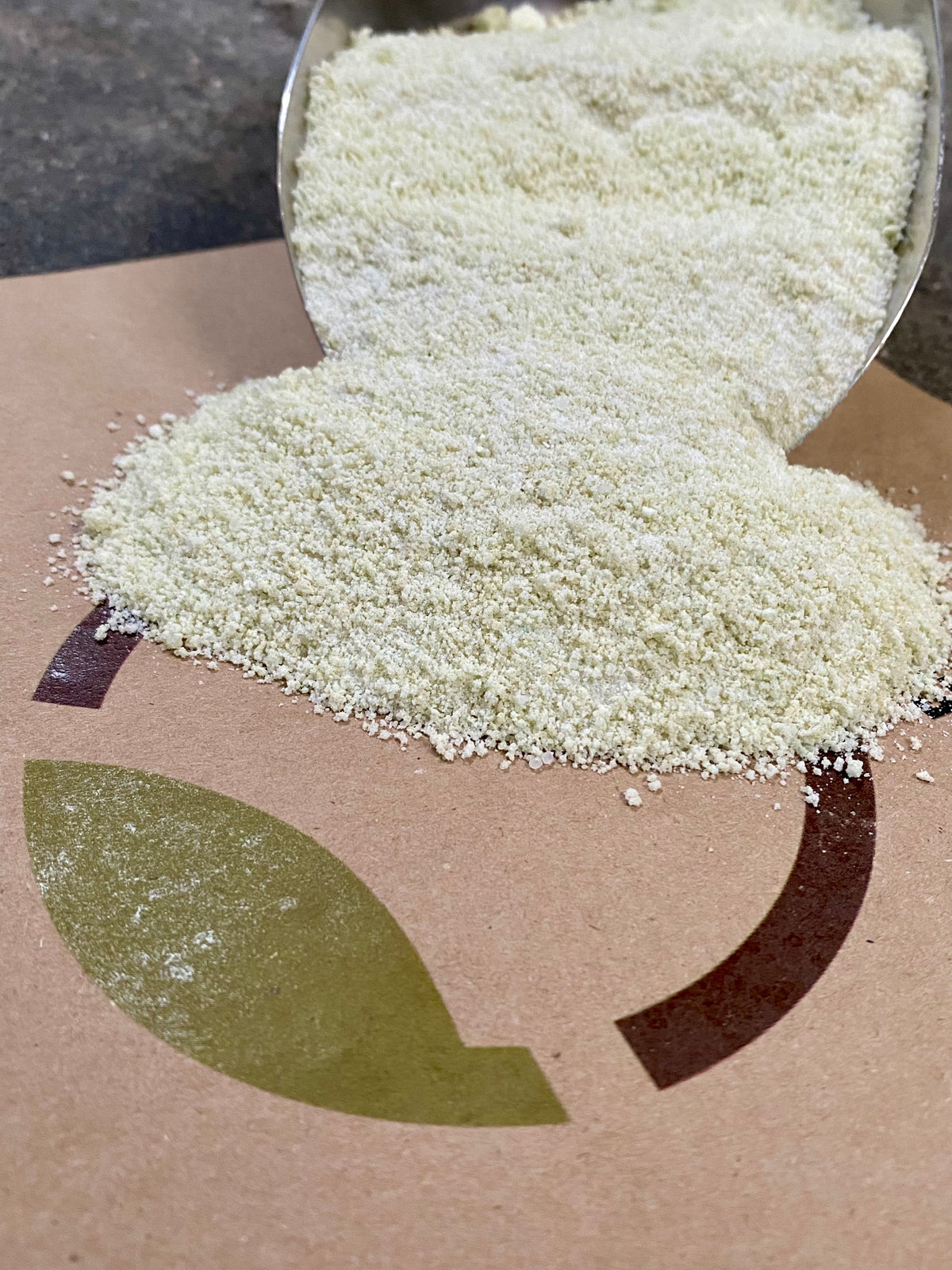Best Fertilizers for Peppers: Maximize Plant Health and Yield
Best Fertilizers for Peppers: Maximize Plant Health and Yield
Blog Article
How Fertilizers Play a Crucial Role in Growing Healthy and Plentiful Pepper Crops
Fertilizers work as the foundation of effective pepper farming, using a tactical strategy to nourishing the soil and fostering optimal plant growth. The complex dancing between vital nutrients and the pepper plants' physical procedures highlights the essential duty that plant foods play in making certain a plentiful harvest. From sustaining robust origin growth to reinforcing condition resistance, the impact of plant foods is far-reaching in the cultivation of productive and healthy pepper plants. Remain tuned to discover the nuanced methods which plant foods contribute to the flourishing of pepper plants and the lasting practices that underpin their efficacy.
Importance of Nutrient-Rich Plant Foods
The application of nutrient-rich fertilizers plays a crucial function in enhancing the productivity and high quality of pepper plants in modern agricultural practices. Potassium, phosphorus, and nitrogen are primary nutrients that are important for the development and growth of pepper plants.
Inadequate levels of these nutrients can cause stunted development, minimized yields, and vulnerability to illness (best fertilizers for peppers). Nutrient-rich fertilizers offer a targeted option to make certain that pepper plants obtain the required components for optimum development and performance. Furthermore, these plant foods help improve dirt fertility with time, developing a lasting atmosphere for long-term pepper growing
Enhancing Plant Growth and Development
To enhance plant development and advancement in pepper plants, calculated application of nutrient-rich fertilizers is essential. Plant foods play a critical function in enhancing the total health and wellness and productivity of pepper plants by giving them with vital nutrients that may be doing not have in the dirt.
Iron, for circumstances, is required for chlorophyll manufacturing, which is vital for photosynthesis and total plant growth. Zinc plays an important duty in enzyme activity and hormonal agent synthesis, influencing plant development and development at a cellular degree.

Boosting Condition Resistance With Fertilizers
By tactically incorporating targeted fertilizers, farmers can strengthen the disease resistance of pepper crops, making sure optimum plant health and efficiency. Plant foods having essential nutrients like phosphorus, nitrogen, and potassium play a vital function in strengthening pepper plants' immune systems, making them much more durable to different illness. Nitrogen, as an example, help in the manufacturing of healthy proteins that are vital for plant defense reaction. Phosphorus adds to root growth, making it possible for plants to much better soak up nutrients and water, hence boosting their capacity to ward off diseases. Potassium regulates procedures that boost general plant health, making peppers much more robust against pathogens.

Making Best Use Of Pepper Yield Through Fertilization
Making use of a well balanced fertilization strategy is crucial to achieving optimum pepper yield and ensuring optimum crop productivity. By giving peppers with the best nutrients at the right time, farmers can dramatically improve their yield capacity. Phosphorus, nitrogen, and potassium are vital elements for pepper development, with nitrogen aiding in leaf and stem growth, phosphorus supporting origin growth and flower development, and potassium promoting total plant health.
To take full advantage of pepper return, it is essential to perform soil tests to establish existing nutrient degrees and Go Here determine any kind of deficiencies that need to be resolved. Based on these outcomes, farmers can create a tailored fertilizing plan that satisfies the particular requirements of their pepper plants. Additionally, appropriate fertilizing techniques such as split applications throughout the growing period can ensure constant vitamins and mineral availability for the plants.

Lasting Fertilizer Practices for Peppers
In considering sustainable plant food practices for peppers, it is crucial to concentrate on long-lasting dirt health and ecological stewardship in conjunction with taking full advantage of plant productivity. Sustainable fertilizer practices aim to enhance or preserve dirt fertility while lessening damaging ecological influences. One vital method is making use of organic fertilizers such as compost, manure, or cover crops, which not only provide necessary nutrients to the peppers however likewise add to dirt framework and microbial task. These natural alternatives aid construct raw material in the dirt, boosting its capacity to retain water and nutrients, thus sustaining long-term crop health and resilience.
Furthermore, precision farming methods, such as soil screening and targeted click for source nutrient applications, can assist optimize plant food use, guaranteeing that peppers get the nutrients they require without excess drainage into rivers. This not only benefits the atmosphere by decreasing pollution yet likewise saves prices for farmers by decreasing waste. By embracing lasting fertilizer techniques, pepper cultivators can safeguard the wellness of their crops, dirt, and bordering ecosystems for future generations.
Verdict
Finally, plant foods are vital for cultivating healthy and bountiful pepper crops. best fertilizers for peppers. They provide needed nutrients for plant growth and advancement, increase disease resistance, and take full advantage of return. By carrying out lasting fertilizer techniques, farmers can guarantee the long-lasting health of their pepper crops and contribute to a much more environmentally-friendly and reliable agricultural system
The elaborate dance in between important nutrients and the pepper plants' physiological procedures emphasizes the pivotal function that plant foods play in making certain a bountiful harvest.To optimize plant growth and advancement in pepper plants, critical application of nutrient-rich fertilizers is important. Fertilizers play a critical role in improving the general health and wellness and productivity of pepper plants by supplying them with necessary nutrients that might be doing helpful resources not have in the dirt.By strategically incorporating targeted fertilizers, farmers can bolster the disease resistance of pepper crops, guaranteeing optimum plant wellness and performance. Plant foods having essential nutrients like potassium, nitrogen, and phosphorus play a crucial role in strengthening pepper plants' immune systems, making them more resistant to numerous conditions.
Report this page